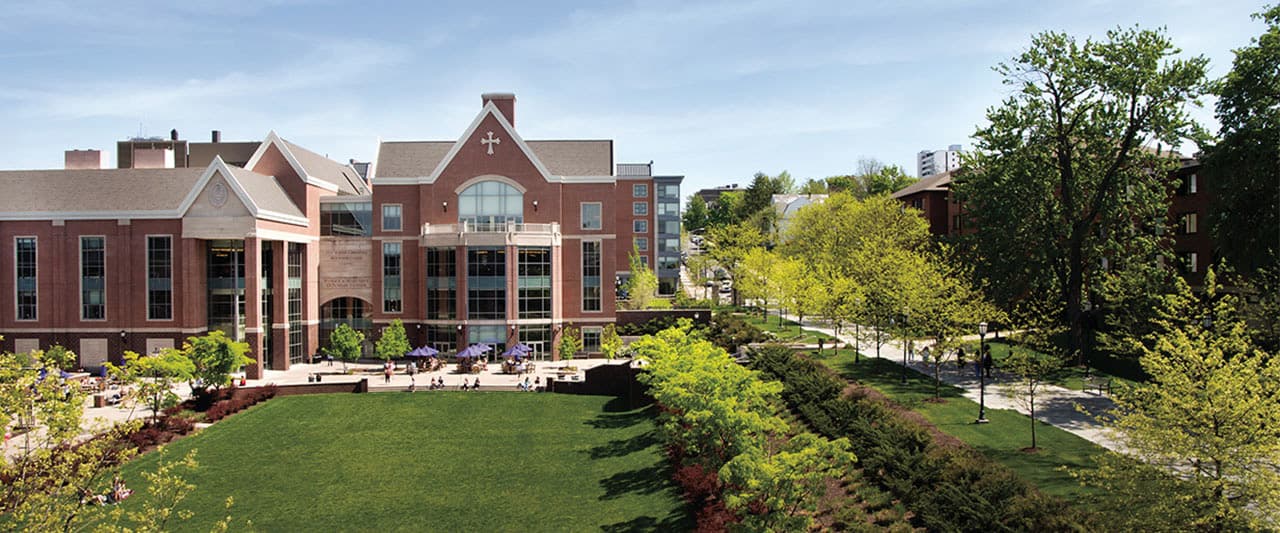Mission
The Office of Student Conduct and Conflict Resolution seeks to educate students regarding their behavioral responsibilities as members of the University community and to ensure the process used to adjudicate matters of misconduct is consistent and fair-minded. Recognizing the uniqueness of each student, the conduct process is grounded in the Ignatian ideal of promoting the development of the whole person. The discipline process is educational and formative in nature.
Statement of Philosophy
The University of Scranton, as a community of scholars seeking to sustain a culture of excellence, requires its students to conduct themselves in ways that allow for their personal growth and development and for that of others in the most positive ways possible. The University strives to foster the fullest development of its students in an atmosphere of care and concern. Members of the University community are held to a high standard of behavior because of the nature of our enterprise - education and the development of students.
Freedom of thought, freedom of expression, and freedom of the individual must be preserved. These personal freedoms must be balanced against our mutual responsibility for supporting and nurturing a community whose ministry of education is informed by the vision of life contained in both the Gospel and the Spiritual Exercises of St. Ignatius. Students are expected to be respectful, truthful and fair when interacting with others, both within and outside the University, and to act in ways that are consistent with the Catholic and Jesuit ideals on which the University is founded.
Student Learning Outcomes
- University students will know where to find the Student Code of Conduct and be familiar with behavioral standards set forth for students in our University community.
- Students who have been involved in the conduct process will:
- Be able to articulate why the University community is concerned about their conduct and reflect on any incongruence between their values and their actions.
- Be able to describe the implications of their conduct for themselves and for others.
- Understand and reflect on their personal responsibility for their conduct.
- Learn skills, strategies, and resources that are likely to assist them in avoiding future violations of the Student Code of Conduct.
- Renew their commitment to embracing their responsibilities as members of our University community and be less likely to engage in violations of the Student Code of Conduct.
- Conduct Officers and members of the University Review Board will develop communication and critical thinking skills while actively participating in an administrative process that is designed to protect the University community while educating students and holding them accountable for violations of community standards.






